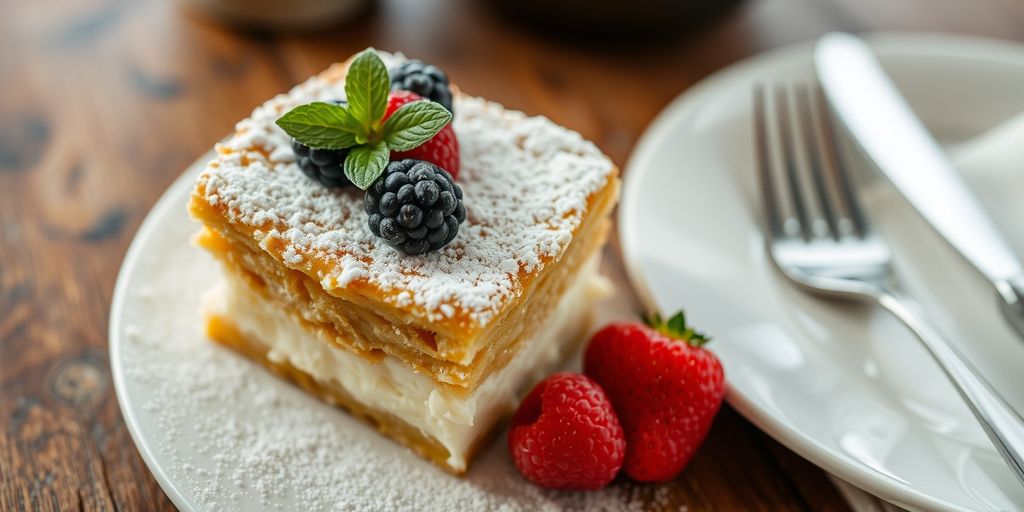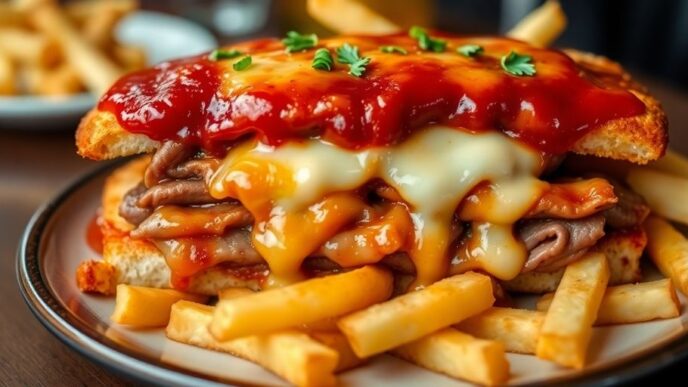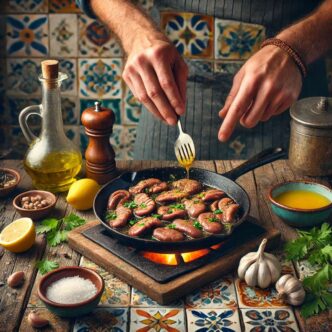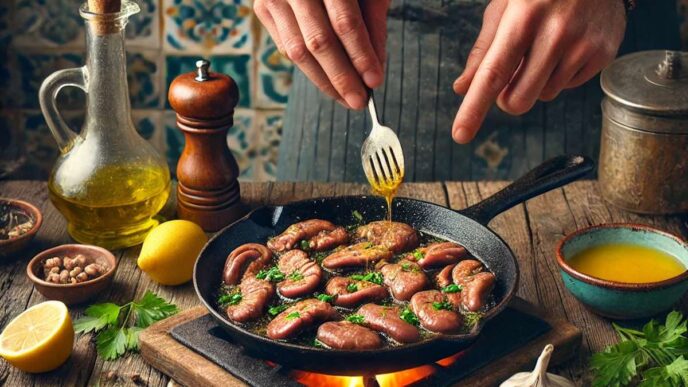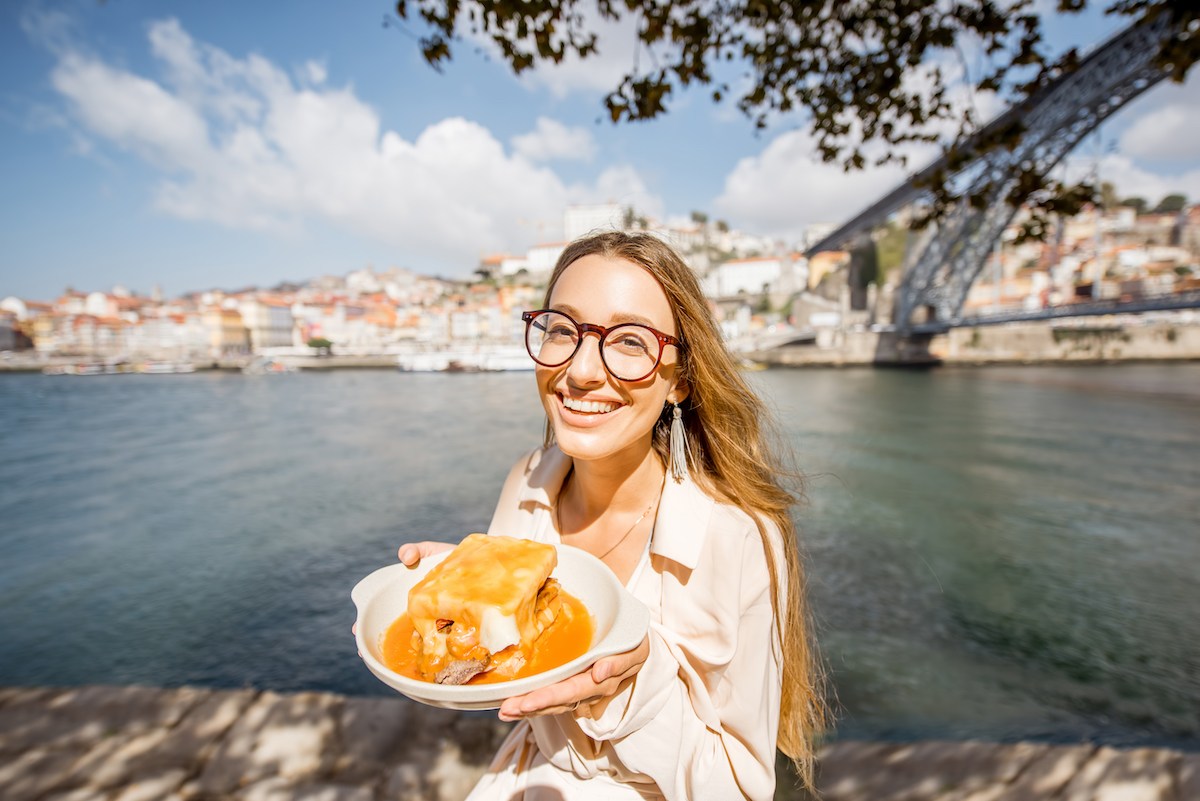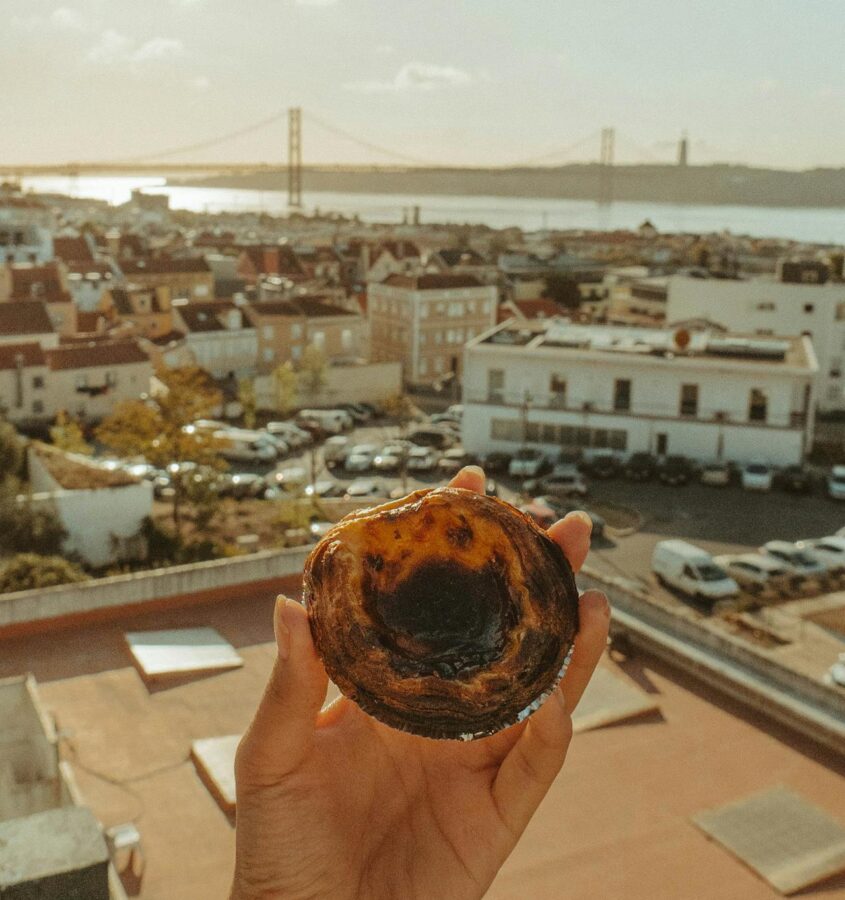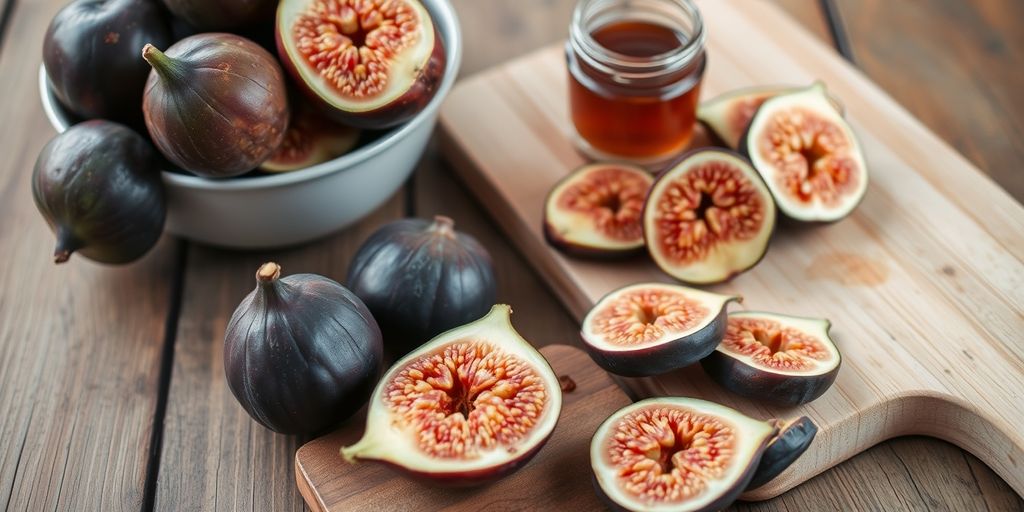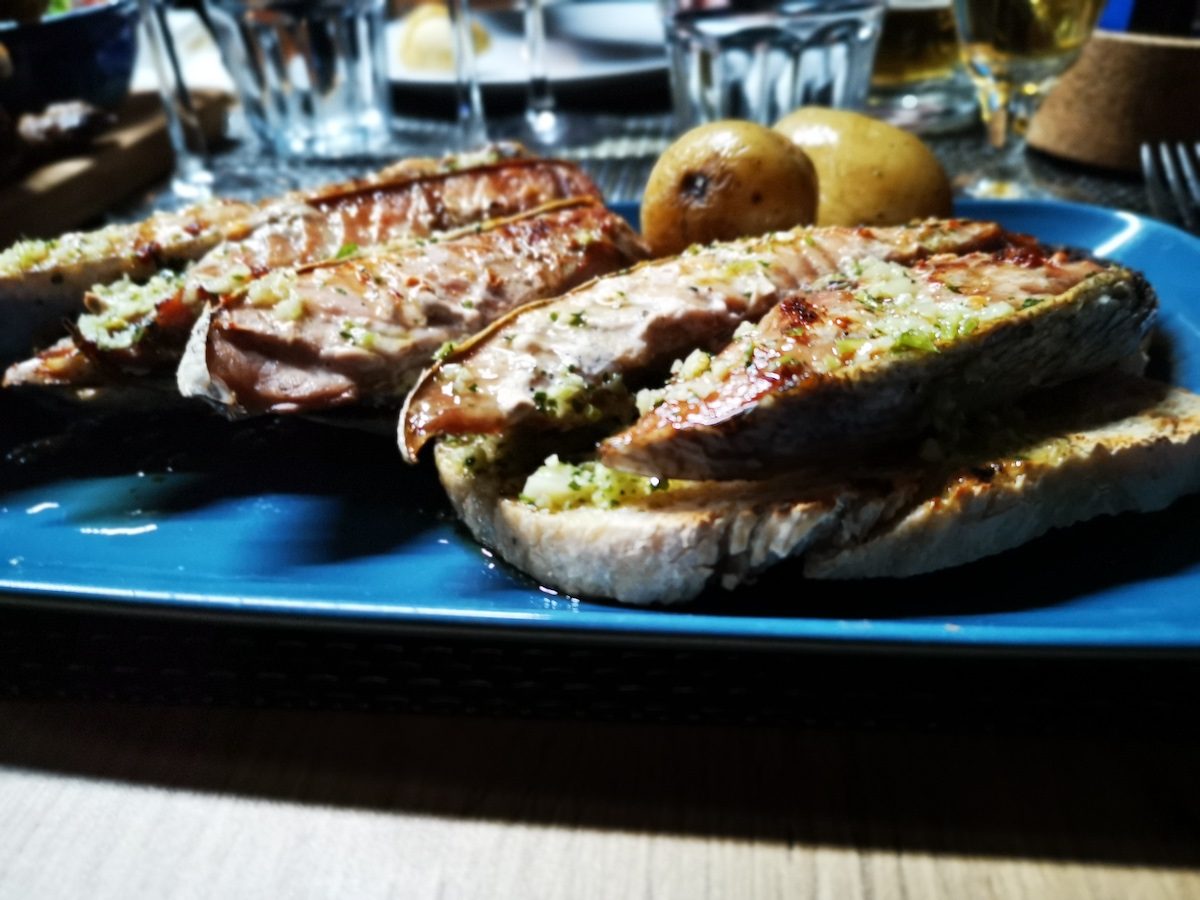Ingredients for Torta de Claras
To make the delightful Portuguese dessert, Torta de Claras, you’ll need a few simple ingredients. Here’s what you’ll need to get started:
Egg Whites
The main ingredient for this dessert is egg whites. You’ll need about 10 egg whites to create the meringue base. Make sure they are at room temperature for the best results.
Sugar
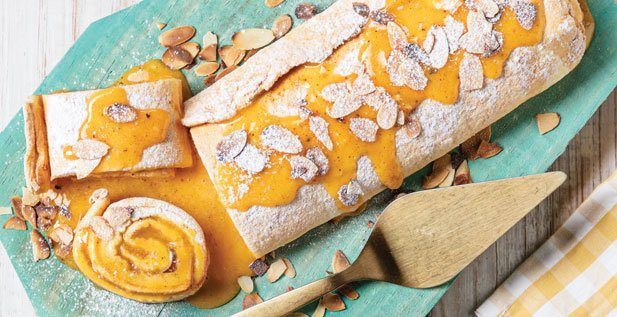
Sugar is essential for sweetening the meringue. You’ll need 10 tablespoons of sugar. Gradually adding the sugar helps achieve a glossy texture.
Salt
A pinch of salt is added to the egg whites before beating. This helps to stabilize the meringue and enhance the flavor.
Doce de Ovos
Doce de Ovos, a traditional Portuguese egg yolk custard, is used as the filling for the Torta de Claras. This rich and creamy filling adds a delicious contrast to the light meringue.
Essential Kitchen Tools
To make Torta de Claras, you need some essential kitchen tools. These tools will help you prepare and bake the dessert perfectly.
Preparing the Egg Whites
Separating the Egg Whites
Start by carefully separating the egg whites from the yolks. Make sure no yolk gets into the whites, as even a small amount can prevent them from whipping properly.
Adding Salt
Add a pinch of salt to the egg whites. This helps to stabilize them and makes it easier to beat them to the right consistency.
Beating to Stiff Peaks
Using an electric mixer, beat the egg whites until they form stiff peaks. This means that when you lift the beaters, the egg whites should stand up straight and not collapse. This step is crucial for achieving the right texture in your Torta de Claras.
Incorporating Sugar
Gradual Addition
When adding sugar to your egg whites, it’s important to do it slowly. Start by adding a small amount of sugar at a time while continuing to beat the egg whites. This helps the sugar dissolve properly and ensures a smooth mixture.
Achieving Glossy Texture
As you add the sugar, you’ll notice the egg whites becoming glossy. This is a sign that the sugar is being incorporated correctly. Keep beating until you achieve a shiny, stiff peak consistency.
Avoiding Overbeating
Be careful not to overbeat the egg whites once the sugar is fully incorporated. Overbeating can cause the mixture to become grainy and lose its volume. Stop beating as soon as you reach the desired glossy texture.
Baking the Meringue
Preheating the Oven
Start by preheating your oven to 350°F (175°C). This ensures that the oven is at the right temperature when you’re ready to bake the meringue.
Spreading on Tray
Line a baking tray with parchment paper. This will prevent the meringue from sticking and make it easier to remove once baked. Spread the meringue mixture evenly on the tray, making sure it’s not too thick or too thin.
Baking Time and Temperature
Place the tray in the preheated oven and bake for about 20 minutes, or until the meringue is golden brown and firm to the touch. Keep an eye on it to avoid overbaking, as this can make the meringue too hard to roll later on.
Making Doce de Ovos
Ingredients for Doce de Ovos
To make Doce de Ovos, you will need the following ingredients:
- 8 egg yolks
- 1 cup of sugar
- 1/2 cup of water
Cooking Process
- Combine the sugar and water in a saucepan and bring to a boil. Stir until the sugar is completely dissolved.
- Reduce the heat and let it simmer until it reaches a syrupy consistency.
- In a separate bowl, whisk the egg yolks until smooth.
- Slowly pour the hot syrup into the egg yolks, whisking constantly to avoid curdling.
- Return the mixture to the saucepan and cook over low heat, stirring continuously until it thickens.
- Once thickened, remove from heat and let it cool.
Cooling and Storing
After cooking, allow the Doce de Ovos to cool completely. Store it in an airtight container in the refrigerator. It can be kept for up to one week, making it a convenient filling for various desserts, including the Torta de Azeitão.
Assembling the Torta de Claras

Rolling the Meringue
Once your meringue is baked and slightly cooled, it’s time to roll it. Carefully transfer the meringue onto a clean kitchen towel. Start rolling from one end, using the towel to help guide the meringue into a tight roll. Be gentle to avoid cracking.
Adding the Filling
Unroll the meringue and spread a generous layer of Doce de Ovos evenly over the surface. Make sure to cover the entire meringue to ensure every bite is flavorful. You can also experiment with other fillings if you prefer.
Final Roll and Shape
After adding the filling, roll the meringue back up tightly. Use the towel to help maintain the shape. Once rolled, transfer the Torta de Claras to a serving platter. Adjust the shape if needed to make it look neat and presentable.
Decorating the Dessert
Using Fios de Ovos
Fios de Ovos, or egg threads, are a traditional Portuguese decoration. They add a touch of elegance and a sweet flavor to your Torta de Claras. To use them, simply drape the threads over the top of the rolled meringue. This not only enhances the look but also complements the taste.
Adding Fresh Raspberries
For a burst of color and a hint of tartness, add fresh raspberries on top of your dessert. Arrange them evenly or in a pattern to make the dessert visually appealing. The combination of the sweet meringue and the tart raspberries creates a delightful contrast.
Alternative Decorations
If you want to try something different, consider these options:
- Chocolate Shavings: Sprinkle some chocolate shavings over the top for a rich flavor.
- Edible Flowers: Use edible flowers to give a natural and colorful touch.
- Powdered Sugar: A light dusting of powdered sugar can add a simple yet elegant finish.
Feel free to mix and match these decorations to create a unique and beautiful Torta de Claras.
Serving Suggestions
Ideal Occasions
Torta de Claras is perfect for many events. It’s a great choice for festive gatherings like birthdays or holidays. You can also serve it at casual family dinners or as a special treat for friends.
Pairing with Beverages
This dessert pairs well with a variety of drinks. Try serving it with a cup of coffee or tea. For a more festive touch, pair it with a glass of sweet wine or a light, fruity cocktail.
Storing Leftovers
If you have any leftovers, store them properly to keep the dessert fresh. Place the Torta de Claras in an airtight container and keep it in the refrigerator. It should stay fresh for up to three days. Make sure to avoid incorrect storage to maintain its texture and flavor.
Common Mistakes to Avoid

Overbeating Egg Whites
One of the most common mistakes is overbeating egg whites. When you beat the egg whites too much, they can become dry and grainy. This makes it hard to fold in other ingredients and can ruin the texture of your dessert. To avoid this, stop beating as soon as you see stiff peaks.
Incorrect Baking Time
Another frequent error is not baking the meringue for the right amount of time. If you bake it too long, it can become too hard and lose its delicate texture. On the other hand, if you don’t bake it long enough, it will be too soft and might collapse. Always follow the recommended baking time and temperature closely.
Improper Rolling Technique
Rolling the meringue can be tricky. If you don’t roll it properly, it can crack or break apart. Make sure to roll it gently and use parchment paper to help guide the roll. This will help you achieve a smooth and even roll without damaging the meringue.
Variations of Torta de Claras

Torta de Claras, also known as Rocambole de Claras, is a delightful Portuguese dessert that can be customized in many ways. Here are some popular variations to try:
Different Fillings
While the traditional filling is Doce de Ovos, you can experiment with other options to suit your taste. Some popular alternatives include:
- Fruit Preserves: Strawberry, raspberry, or apricot preserves can add a fruity twist.
- Chocolate Ganache: For chocolate lovers, a rich ganache can be a decadent choice.
- Whipped Cream and Berries: Light and refreshing, this combination is perfect for summer.
Alternative Decorations
Decorating your Torta de Claras can be as creative as you like. Here are some ideas:
- Fios de Ovos: These sweet egg threads are a traditional decoration that adds a touch of elegance.
- Fresh Raspberries: Not only do they add a pop of color, but they also complement the sweetness of the dessert.
- Edible Flowers: For a more sophisticated look, consider using edible flowers like pansies or violets.
Regional Twists
Different regions in Portugal have their own unique takes on Torta de Claras. For example:
- Torta de Azeitão: This version from the Setúbal region uses a filling made from Doce de Ovos and is rolled into a Swiss roll shape.
- Torta de Claras with Mango: A tropical twist that incorporates mango into the filling, offering a fresh and exotic flavor.
Exploring these variations can make your culinary journey through Portugal even more exciting. Whether you stick to the classic recipe or try something new, Torta de Claras is sure to be a hit at any gathering.
Conclusion
Making Torta de Claras is a delightful way to bring a taste of Portugal into your home. This light and fluffy dessert, made primarily from egg whites, is not only delicious but also a great way to use up leftover egg whites. Whether you’re serving it at a festive gathering or enjoying it as a special treat, Torta de Claras is sure to impress. With its simple ingredients and straightforward preparation, even those new to baking can create this elegant dessert. So, gather your ingredients, follow the steps, and enjoy a slice of this Portuguese classic!
Frequently Asked Questions
What is Torta de Claras?
Torta de Claras is a traditional Portuguese dessert made from egg whites, sugar, and Doce de Ovos (a sweet egg yolk filling). It’s light, airy, and often decorated with Fios de Ovos (egg threads) and fresh fruits.
Can I use a hand whisk instead of an electric mixer?
Yes, you can use a hand whisk, but it will take much longer to achieve the stiff peaks needed for the meringue. An electric mixer is recommended for best results.
What is Doce de Ovos?
Doce de Ovos is a Portuguese sweet made from egg yolks, sugar, and water. It’s thick, creamy, and used as a filling in many Portuguese desserts.
How do I know when the meringue is ready to bake?
The meringue is ready to bake when it forms stiff, glossy peaks that hold their shape. If the peaks droop, continue beating until the desired consistency is reached.
Can I make Torta de Claras ahead of time?
Yes, you can make Torta de Claras ahead of time. Store it in an airtight container in the refrigerator. Add any fresh decorations just before serving.
What if I don’t have parchment paper?
If you don’t have parchment paper, you can use a silicone baking mat or lightly grease the baking tray to prevent the meringue from sticking.
How do I avoid overbeating the egg whites?
To avoid overbeating, stop mixing as soon as the egg whites form stiff peaks. Overbeating can cause the meringue to become grainy and lose its structure.
Can I add other flavors to the meringue?
Yes, you can add a few drops of vanilla extract or other flavorings to the meringue. Just be sure to add them during the final stages of beating the egg whites.

